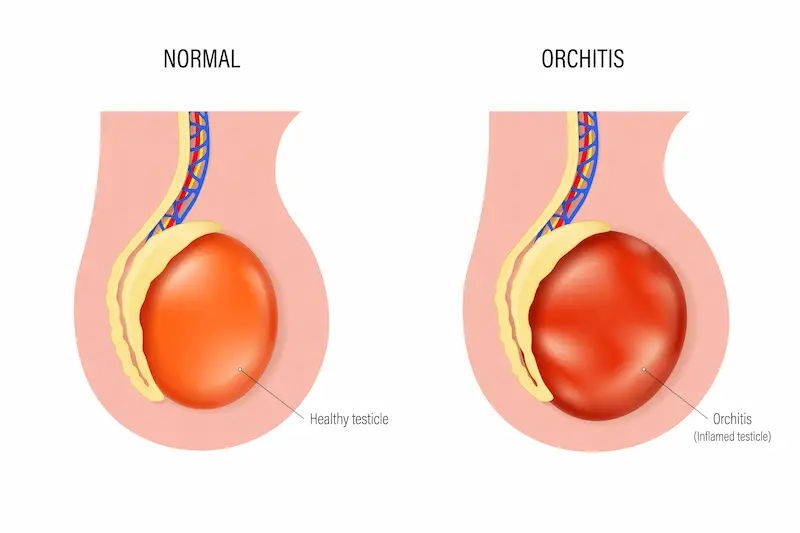- Male
- 25 Years
- 29/01/2025
I'm a bit worried about some test results I got. It says I have two non-obstructing calculus in my right kidney, one measuring 3.5mm and another 4.0mm, located in the interpole and lower pole calyx. The left kidney also has two non-obstructing calculus, measuring 3.6mm and 4.4mm in the same areas. Should I be concerned about these? Are there any symptoms I should watch out for or lifestyle changes I need to make?
Answered by 1 Apollo Doctors
You have multiple small kidney stones (calculus) in both kidneys, but they are not currently obstructing the flow of urine. Here's a summary:
Right Kidney:
- 2 small stones (3.5mm and 4.0mm) in the interpolar and lower pole calyx
Left Kidney:
- 2 small stones (3.6mm and 4.4mm) in the interpolar and lower pole calyx
Recommendations:
- Drink plenty of water: Aim for at least 8-10 glasses of water per day to help flush out the stones.
- Dietary changes: Consider reducing your intake of animal proteins, sodium, and oxalate-rich foods (e.g., spinach, beets, rhubarb).
- Monitoring: Schedule regular follow-up appointments with your doctor to monitor the stones' size and position.
- Pain management: If you experience any pain or discomfort, consult your doctor for guidance on pain management.
When to Seek Medical Attention:
- Severe pain: If you experience severe pain or discomfort.
- Blood in urine: If you notice blood in your urine.
- Fever: If you have a fever over 101.5F (38.6C).
- Vomiting: If you experience persistent vomiting.
Dr. Dr Khaleel Suggests...
Consult a Urologist
Answered 04/07/2025
0
0

More Urology Health Queries
View allI've been having issues with needing to urinate frequently, especially during the night, and it's really messing with my sleep. I'm feeling pretty exhausted. What could be causing this, and what can I do about it?
don't take too much water after 7 clock
read more![Doctor 1]()
![Doctor 2]()
Answered by 1 Apollo Doctors
Is a vasectomy painful?
Post operatively it can cause pain and discomfort untill recovery.
read more![Doctor 1]()
![Doctor 2]()
Answered by 1 Apollo Doctors
I've been having trouble with urine getting stuck and not flowing properly, especially when sitting or lying down for long periods. Even when I feel the urge to go, it's hard to empty my bladder completely unless the stream is really strong. Doctors mentioned surgery, but I'm wondering if there are any treatments or surgical options that don't involve removing the prostate gland? What else can be done to help with this?
I would need some more details to get a clear idea of what you are going through
read more![Doctor 1]()
![Doctor 2]()
Answered by 1 Apollo Doctors
Disclaimer: Answers on Apollo 247 are not intended to replace your doctor advice. Always seek help of a professional doctor in case of an medical emergency or ailment.




